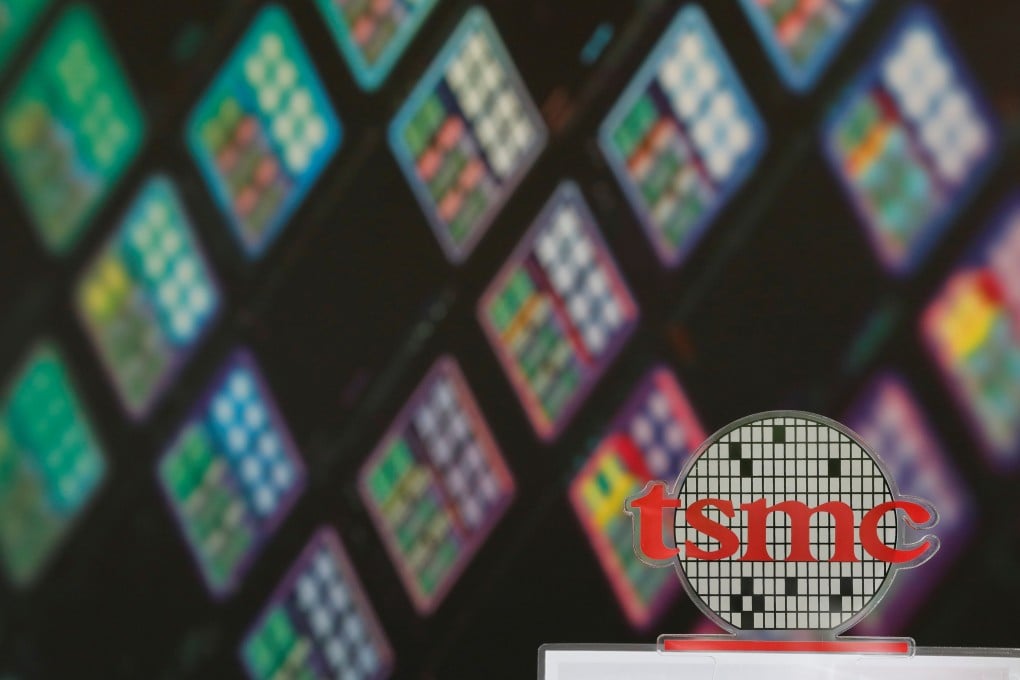Advertisement
Opinion | How Covid-19 changes the geopolitics of semiconductor supply chains
- Just one company in Taiwan – TSMC – accounted for nearly half of the world’s contract chip making market share in 2019
- The Japan earthquake and tsunami in 2011 led to a rearrangement of global auto manufacturing chains
Reading Time:5 minutes
Why you can trust SCMP

Last month Taiwan Semiconductor Manufacturing Company (TSMC) – the world’s largest contract chip maker which produces processors for Apple, Huawei, AMD and many others – announced plans to build a US$12 billion chip production plant in the US state of Arizona.
Advertisement
US Secretary of State Mike Pompeo said the deal “bolsters US national security at a time when China is trying to dominate cutting-edge tech and control critical industries”.
On the same day, it was reported that TSMC had stopped taking new orders from Huawei, the world’s second largest smartphone company, to fully comply with the latest export control regulation imposed by the US.
These are significant shifts in the semiconductor industry. Why are they happening now?
As one of the most specialised high-value supply chains, the semiconductor industry is characterised by several bottlenecks. It is among the most globally integrated supply chain, yet is highly vulnerable.

Advertisement

